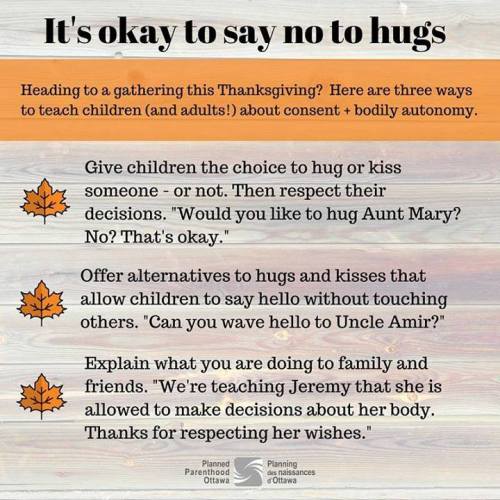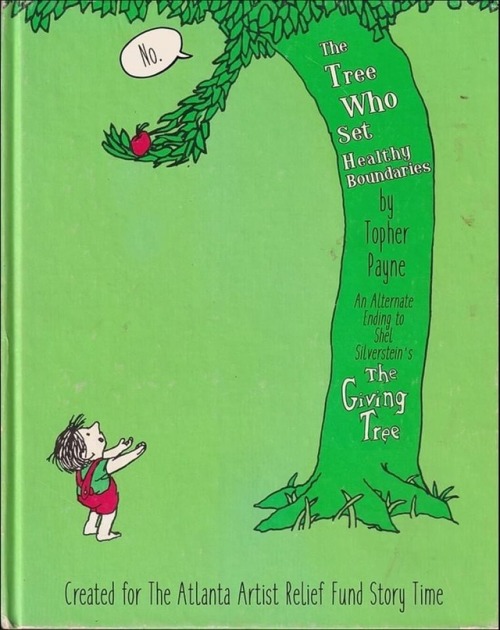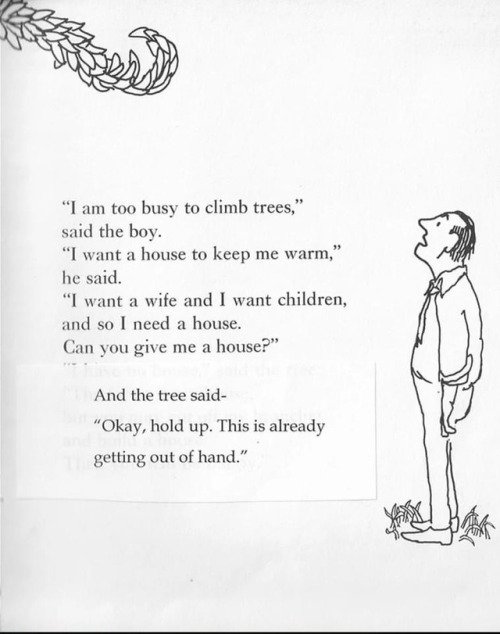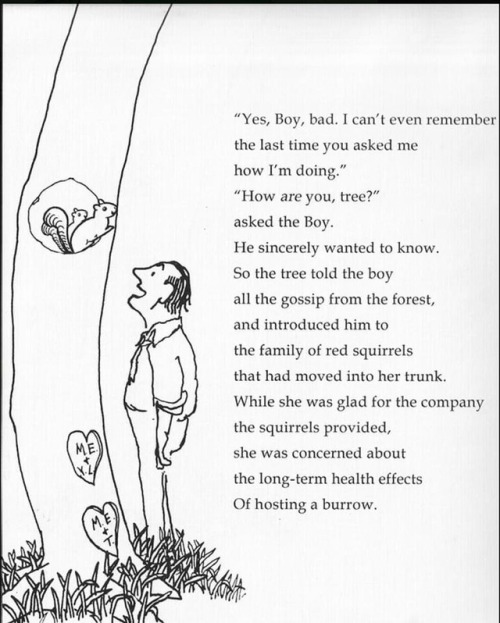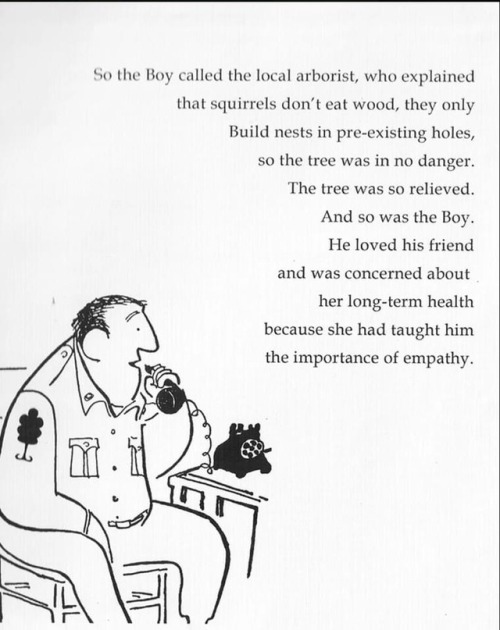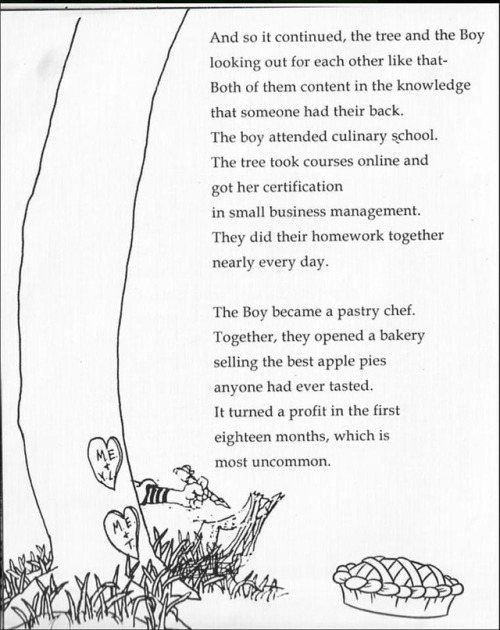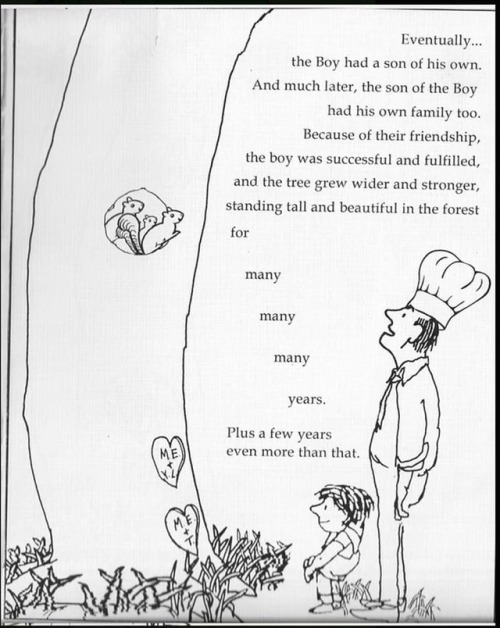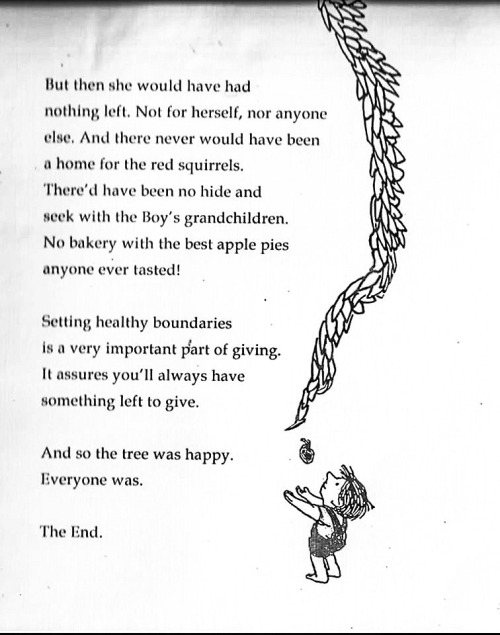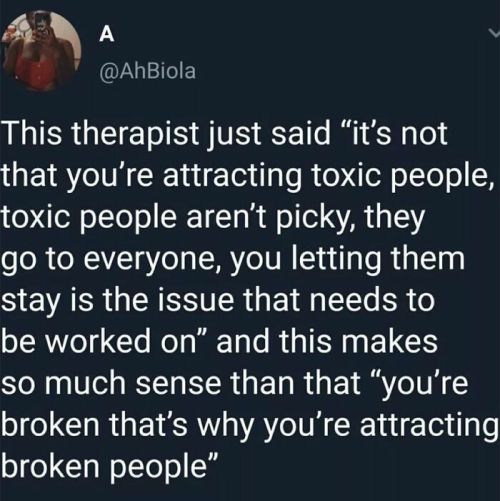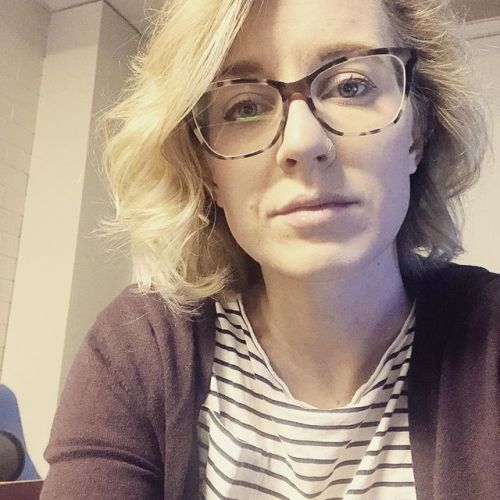#boundaries
You asked for more Reacts, and you specifically asked for FRIENDS. If you haven’t seen the TV show Friends, you are missing out! I am breaking down the best Friends TV clips from the series. And I have everyone covered. I’m looking at the best Friends moments from Rachel and Ross clips to the therapist boyfriend and so much more. You won’t want to miss these funny, inappropriate and odd clips from the iconic TV show.
Shop my latest book Traumatized https://geni.us/Bfak0j
It’s holiday seasons, and we know the holidays come expectations! Expectations for how we’re supposed to feel, how we’re supposed to interact with family, what type of son, brother, sister, daughter, granddaughter, partner, sibling, etc we’re supposed to be. In this video I talk through how to manage family expectations and create boundaries during the holiday. You may have toxic family members, Christmas stress, holiday family stress, or so many other things with going home for the holidays. Let’s look at these expectations, how we should feel about family expectations and then how to create boundaries with family.
My surviving the holiday playlist: https://www.youtube.com/playlist?list=PL_loxoCVsWqwHvhgnIH3_vg_t6ESwApdX
I’m a Christian, and partially because of that, my boyfriend and I have decided to wait until marriage until having sex. this is an idea I grew up with, and committed to at an early age, but no one told me HOW HARD it would be. we all know guys have high sex drives. no one told me girls did too. anyway, for those of you who find yourselves in the same or a similar predicament, here’s some things that have worked for me:
1. There are three paths. One leads to holding hands (e.g. bumping elbows, brushing fingers), the second leads to kissing (touching faces together), and the third leads beyond that. Know which path you’re going to choose ahead of time, and don’t start down the path that you don’t want to go along. It’s a lot easier to stay outside the gate than it is to go back once you’ve started down the path.
2. Keep yourself accountable to either a person or your journal. That will help you gauge right/wrong (i.e. if something isn’t right you’ll likely be hesitant to write down or tell someone that you’re doing it, especially if you wrote/told them ahead of time you wouldn’t do it).
3. Going backwards ISN’T THAT HARD. I was always told that once you’ve done something, you can’t stop. that’s not true at all. it’s actually easier than holding back on something to begin with because having done it removes that “forbidden fruit” effect, and you realize, oh, not doing it actually isn’t that hard. (this may not go for some of the more emotionally intimate stuff). all this to say, if you’re doing something that you want to stop but feel like it’s too late because “you can’t go backwards”, it isn’t too late.
4. Don’t keep bringing up the thing you’re trying not to do with each other. make a plan then DON’T talk about how hard it is to stay at – you’ll likely convince each other of a LOT like that.
5. Find the sweet spot, where staying back is easier than going forward. There comes a point where the self control of staying a bit back is less effort than the self control required to ‘safely’ go forward – like staying closer to the edge of a river and fighting the urge to go out further is easier than fighting the current while you’re in it.
6. NEVER do something just because other person wants to. Your dis-want is more important than their want. Similarly, you must be willing to not do something that the other doesn’t want. Don’t use the fact that the other person wants to do something as an excuse to do something you really aren’t sure you’re comfortable with
7. Avoid media that gets thoughts going. Half the battle is in your thoughts. Don’t make it harder for yourself than it needs to be.
8. Accept that you won’t get it perfect and you’ll make mistakes. It’s a learning curve, and you’ll have to make course corrections. Mistakes aren’t un-fixable. The important thing is that you learn from them and don’t let them happen again.
9. If you’re a Christian, remember that God forgives. In the words of Jesus, go, and sin no more. If you’ve messed up, ask God for forgiveness and strength, then pick yourself back up and do better.
hope this helps!
Know what gives you pleasure. Don’t be shy of it, don’t be scared to guide your partner, show them the way to the ultimate goal❤️
It can be hard sometimes, but it will be worth it
Show them where to touch, lick, stare and suck. Show them your most vulnerable, yet powerful spots, show them you weaknesses and strength, show them how to love you.
And love them back. Respect them, listen to them and give back the pleasure you just got.
Remember: you are at your most powerful, when you’re together. Those feelings are what makes you so strong. Hold on to that.
I really like that the aro and ace communities have come up with models of different kinds of attraction and relationships. It’s badly needed in a society that portrays only a tiny handful of incredibly narrow “correct” narratives of intimacy, and these models have clearly helped a lot of people. They fill a need just like how the models of gender made by nonbinary communities have helped people, and have the potential to help society as a whole beyond queer communities. But one thing I don’t see in many discussions about models of attraction is how attraction is super messy and doesn’t neatly fit these models sometimes, or at all for some people.
I would describe a lot of my experiences of attraction as more of a gradient, a spread, a big paint splatter. My attraction for one person is all part of the same splotch, but it might stretch across multiple categories, sometimes neatly, sometimes chaotically or nonsensically. Often the only clearly distinct attraction I feel is sexual, and it tends to be fairly weak, and the others are much stronger. Attraction is different for each person I am close to, and no two experiences have been identical for me. Sometimes trying to describe them using the model of sexual-sensual-romantic-platonic-aesthetic just doesn’t work, the splotch doesn’t follow those lines in any clear way. Some of my feelings of attraction don’t even fit into any of those categories at all. I’m not sure I would describe any of my attraction as platonic, and that’s often the clearest distinction in these models, so trying to think about my experiences in that framework leaves me feeling confused. I experience desires for intimacy, and the specific details of those desires tend to be different towards each individual and don’t follow the lines of these broad categories.
In fact, I don’t even base the boundaries in my relationships on attraction. For me, trust and rational judgment are the key factors. When I consider if I want to have sex with someone, I consider if I trust them enough to participate in consent with me on good faith, if I trust them enough to be emotionally and physically vulnerable with them, and if I think that act will be good for me, good for them, and good for our relationship. If I can answer yes to all these things, then that’s all I really need. Attraction is just icing on the cake beyond that, because I cherish intimacy shared in a spirit of love far more than I care about satisfying attraction-based desires. I use the same process for any kind of intimacy, and often my feelings regarding boundaries with one person are different for different kinds of intimacy, regardless of what kinds of attraction I feel. So, attraction is not the prime motivating factor for my decisions about intimate boundaries. Trust and nurture are.
So, I think that’s another thing these models leave out. Conversations about models of attraction often contain the assumption that we form intimate boundaries based on our experience of attraction, but that isn’t the case for everyone. People seek intimacy for all sorts of reasons. Sometimes it’s just a general desire for a particular kind of intimacy and it doesn’t matter who satisfies it. Sometimes it’s a need to express affection in a particular way towards a particular person. Sometimes it’s for comfort while processing difficult emotions, or relieving stress, or just a distraction. Sometimes it’s to confront an aversion or to seek some kind of emotional catharsis. Often it’s a mix of a whole bunch of motivations. So not only is attraction messy, but intimacy itself and the motivations behind it are also messy and diverse.
So to bring this post back to a more practical note, the takeaway message I want to leave you with is the same message I have for trans people exploring gender identity labels. These models of attraction were developed by the community because they seem to work for a lot of people, but they’re just tools, not rules or guidelines or progress markers. If they work for you, great. If they don’t work for you, discard them. If they work for you temporarily, great, but don’t be afraid to throw them away when they stop working. Find different models, make your own models, or don’t use models at all.
Discovering our own queerness is more about unlearning the unhelpful or untrue or unkind things we have been taught than about learning some specific new knowledge. Queer self-discovery isn’t learning a different set of rules to replace the mainstream rules, it’s changing how we think about the role of rules and models and labels in our lives entirely, and recognizing our own agency and will that have been denied to us for so long for so many reasons. There’s a wildness to being queer that I think shouldn’t be tamed, and I hope it never is.
The only people who get upset when you set boundaries are the ones who benefited from you having none.
Sometimes classics can be improved upon.
The Tree Who Set Healthy Boundaries : an alternate ending for Shel Silverstein’s The Giving Tree by Topher Payne ❤️
Post link
[ID a tweet by A @AhBiola reading “this therapist just said, “it’s not that you’re attracting toxic people, toxic people aren’t picky, they go to everyone, you letting them stay is the issue that needs to be worked on” and this makes so much more sense than “your broken that’s why you’re attracting broken people” /END ID]
Post link
Stop accepting things you’re really not ok with. You are draining yourself.
A lot of the advice I got about learning to enforce my boundaries was framed as an adversarial thing. Like, ‘yes, it might upset and disappoint the people around you, but you have to learn to tell them ‘no’ anyway.’ At best, ‘good people will still like you if you enforce your boundaries’.
What I wish I’d been told is that good people will think it’s awesome that you enforce your boundaries, that there are people who will respect the hell out of you for it, that there are people who will admire you not despite you telling them no, but because of it. That most people don’t want to make you do something you don’t enjoy,and so they’ll actively be happier and more relaxed around you if they know they can trust you to decline to do things you don’t enjoy and to ask them to stop things that bother you.
It helped me a lot, personally, to stop thinking of ‘enforcing my boundaries’ as something I did for me and more as something I did to empower the people I was close with, to build a situation where they and I felt sure everything that was going on was something we all wanted.
Most advice isn’t good for everyone and this advice seems maybe bad for people in abusive situations, because sometimes you do need to learn to enforce boundaries against people who will try to violate them. But if there are other brains like me out there: your partner will be really happy you can say no to them. your friend will be really happy you change the subject when you hate it. your roommate will really appreciate that you tell them to turn down the music. most people will feel safer and more comfortable around you if they know you’ll reliably express your needs, AND they’ll feel better about voicing theirs.
Boundaries vs Requests
When you center your own wants /needs you can clearly say what you will tolerate, and you define when you’ll remove yourself from situations that don’t fit those wants /needs.
Instead of saying “I want you to stop speaking to me like that”
Try “I am only going to have these conversations with folks who can maintain a calm tone of voice”

Healthy boundaries!
Social justice workshops often open by demanding that everyone consider the space safe and put absolute trust in the person leading it. For instance, workshop leaders will often say things like “This is a safe space. No one will feel unsafe here — but you might feel uncomfortable confronting your privilege. Understand the difference between being uncomfortable and being unsafe.”
“Everyone will be safe” is a promise we can’t keep. “Everyone must feel safe” is a demand that we have no right to make.
No workshop is actually safe for everyone. Sometimes, people are going to feel unsafe. Sometimes, people are going to *be* unsafe. People who feel unsafe need to be welcome in our workshops — and all the more so, we need to welcome those who are taking significant risks in order to learn from us.
When we tell people who are feeling unsafe that it must just be their privilege talking, we make the space much more dangerous for everyone in the room. Sometimes, people who feel unsafe are responding to real dangers. If we demand that participants who feel unsafe ignore the possibility that they are right, we are demanding the right to hurt them. That’s not something we should ever do.
Feeling unsafe isn’t always privilege talking. It’s always a possibility, but it’s never the only possibility. Sometimes, presenters aren’t actually as knowledgable and perceptive as they think they are. Sometimes, presenters get things wrong in ways that make the space unsafe for the most marginalized participants in the room. Sometimes, participants are so used to being unsafe that they need a lot of evidence of safety before they’re willing to risk trusting someone.
One way this can happen is that sometimes participants are marginalized in ways that the presenter doesn’t understand. For instance, people presenting on white privilege don’t necessarily always understand the significance of ableism, people presenting on sexism and misogyny don’t always understand the significance of racism and antiblackness. No one has a perfect understanding of every form of marginalization, and we are better presenters when we keep this in mind. When marginalized people are taking risks in order to learn from us, we need to respect the risks they’re taking and not write them off as a privileged affectation.
This can also happen in other ways. We have power as teachers and presenters, and it is possible to abuse that power. Even when the people we’re teaching are more privileged than we are in every relevant way, it matters how we treat them. Being privileged in society is not the same thing as being safe in a classroom. We are all capable of making mistakes that hurt people, and when we make those mistakes, it matters.
People have the right to manage their own safety. Our students have the right to decide for themselves whether or not they trust us, and how far they trust us. They have the right to revoke that trust at any time. We do not have the right to demand that they make themselves vulnerable, and we do not have the right to demand that they allow themselves to be hurt.
People have the right to make up their own minds about how safe or dangerous something seems to them. Calling a space safe does not make it safe, and it does not give us the right to order people to feel safe. When we present, it’s never ok to demand that people trust us. Trust is always earned.
If your boss or academic advisor says something like “I don’t want you to see me as an authority figure,” that’s a major red flag. It almost always means that they want to get away with breaking the rules about what powerful people are allowed to do. They’re probably not treating you as an equal. They’re probably trying to exercise more power over you than they should.
Sometimes authority figures say “I don’t want you to see me as an authority figure” because they want you to do free work for them. The logic here works like this:
- They want you to do something.
- It’s something that it would be wrong for an authority figure to order you to do.
- If they were a peer asking for a favor, it would be ok to ask, and also ok for you to say no.
- The authority figure wants you to obey them, but they don’t want to accept limits on what it’s acceptable to ask you to do.
- For purposes of “what requests are ok to make”, they don’t want to be seen as an authority figure.
- They also want you to do what they say. It’s not really a request, because you’re not really free to say no.
For example:
- It’s usually ok to ask your friends if they would be willing to help you move in exchange for pizza. It’s never ok to ask your employees to do that.
- It’s sometimes ok to ask a friend to lend you money for medical bills (depending on the relationship). It’s never ok to ask your student to lend you money for a personal emergency.
Sometimes authority figures pretend not to have power because they want to coerce someone into forms of intimacy that require consent. They know that consent isn’t really possible given the power imbalance, so they say “I don’t want you to see me as an authority figure” in hopes that you won’t notice the lines they’re crossing. Sometimes this takes the form of sexual harassment. Sometimes it’s other forms of intimacy. For instance:
- Abusive emotional intimacy: Excepting you to share your feelings with them, or receive their feelings in a way that’s really only appropriate between friends or in consented-to therapy.
- Coming to you for ongoing emotional support in dealing with their marital problems.
- Trying to direct your trauma recovery or “help you overcome disability”.
- Asking questions about your body beyond things they need to know for work/school related reasons.
- Expecting you to share all your thoughts and feelings about your personal life.
- Analyzing you and your life and expecting you to welcome their opinions and find them insightful.
- Abusive spiritual intimacy: Presuming the right to an opinion on your spiritual life. (Eg: Trying to get you to convert to their religion, telling you that you need to pray, trying to make you into their disciple, telling you that you need to forgive in order to move on with your life.)
If someone says “I don’t want you to see me as an authority figure”, it probably means that they can’t be trusted to maintain good boundaries. (Unless they’re also saying something like “I’m not actually your boss, and you don’t have to do what I say”.) Sometimes they are intentionally trying to get away with breaking the rules. Sometimes it’s less intentional. Some people feel awkward about being powerful and don’t want to think about it. In either case, unacknowledged power is dangerous. In order to do right by people you have power over, you have to be willing to think about the power you’re have and how you’re using it.
Tl;dr If someone has power they don’t want to acknowledge, they probably can’t be trusted to use their power ethically.
Some apologies amount to someone asking for permission to keep doing something bad.
- These apologies generally shouldn’t be accepted.
- (But it can be really hard not to, because who want permission to do bad things tend to lash out when they don’t get it.)
- (If you have to accept a bad apology to protect yourself, it’s not your fault.)
Eg:
- Moe: “I’m sorry, I know this is my privileged male opinion talking but…”
- Or, Moe: “I’m sorry, I know I’m kind of a creeper…” or “I’m sorry, I know I’m standing too close but…”
- At this point, Sarah may feel pressured to say “It’s ok.”
- If Sarah says, “Actually, it’s not ok. Please back off” or “Yes, you’re mansplaining, please knock it off”, Moe is likely to get angry.
- The thing is, it’s not ok, and Moe has no intention of stopping.
- Moe is just apologizing in order to feel ok about doing something he knows is wrong.
Another example:
- Sam is a wheelchair user. He’s trying to get through a door.
- Mary sees him and decides that he needs help.
- Mary rushes to open the door. As she does so, she says “Oh, sorry, I know I’m supposed to ask first”, with an expectant pause.
- At this point, Sam may feel pressured to say “It’s ok”, even if the ‘help’ is unwanted and unhelpful.
- If Sam says, “Yes, you should have asked first. You’re in my way. Please move”, Mary is likely to get angry and say “I was just trying to help!”.
- In this situation, Mary wasn’t really apologizing. She was asking Sam to give her permission to do something she knows is wrong.
More generally:
- Fake Apologizer: *does something they know the other person will object to*.
- Fake Apologizer: “Oh, I’m sorry. I know I’m doing The Bad Thing…” or “I guess you’re going to be mad if I…”
- Fake Apologizer: *expectant pause*
- The Target is then supposed to feel pressured to say something like “That’s ok”, or “I know you mean well”, or “You’re a good person, so it’s ok for you to do The Bad Thing.”
If the Target doesn’t respond by giving the Fake Apologizer permission/validation, the Fake Apologizer will often lash out. This sometimes escalates in stages, along the lines of:
- Fake Apologizer: I *said* I was sorry!
- Fake Apologizer: *expectant pause*
- The Target is then supposed to feel pressure to be grateful to the Fake Apologizer for apologizing, and then as a reward, give them permission to do The Bad Thing. (Or apologize for not letting them do The Bad Thing.)
- If the Target doesn’t respond in the way the Fake Apologizer wants, they will often escalate to intense personal insults, or even overt threats, eg:
- Fake Apologizer: I guess you’re just too bitter and broken inside to accept my good intentions. I hope you get the help you need. And/or:
- Fake Apologizer: Ok, fine. I’ll never try to do anything for you ever again. And/or
- Fake Apologizer: *storms off, and slams the door in a way that causes the person who refused their intrusive help to fall over*.
Tl;dr Sometimes what looks like an apology is really a manipulative demand for validation and permission to do something bad.
Having so many discussions with church abuse survivors & shed tears with them: the leaders who abuse their authority are doing incalculable damage to good ministry workers who now suffer PTSD, anxiety, doubt, cognitive fog, and fear of relationships. Lives wounded is life stolen.
These ministry workers are so kind in heart that they still lift up their leaders who abused them, “He didn’t know what he was doing, he could still change, I still pray for him, he’s still doing good work.” They want to keep serving but the fear and trauma is so overwhelming.
“I can’t wait to feel safe in church again. I miss church. I still want to go.” I’ve heard some form of this many times. I almost want to tell them to stay away, don’t return, because so few are really safe. When called people are wounded, it seems almost doubly devastating.
Some false beliefs are born out of our own negative experiences. We come to random conclusions like, “that food was terrible, I’m never eating at that restaurant again.” We believe, in some way, that all of the food is bad or all of the servers are rude and we tell everyone not to go there and never step foot in the building again.
.
.
Or maybe we say, “relationships are scary and there’s no one out there who will understand me anyways,” and we proceed to isolate our self and avoid emotional intimacy.
.
.
Many of our false beliefs are actually not our own, though. We adopt them from the role models we were exposed to as children. Namely, our parents, but it could be many other people too.
.
.
My dad was always a very serious traveller. He had a schedule and a list of activities that he would, at the expense of others, do his very best to abide by. The itinerary was his way of trying to maximize “fun,” maybe to make the trip worth it. I don’t know. We did have fun… but it usually came at a price.
.
.
My mother travelled cheap. She wanted to maximize a trip by doing the most things for the least amount of money. All hail the budget!
.
.
So as I plan my trip across the country, I’m thinking of ways to have fun and save money… and my thoughts digress into ideas that strangely resemble these attitudes and beliefs that don’t belong to me, but to my parents.
.
.
I’ve found a way to beat it. When ever I’m faced with false beliefs, I find the simplest way to blast them is to do exactly that thing that my false beliefs tell me not to do.
.
.
I recognize the fear, the pattern, identify the source — and then rebel.
.
.
I had an idea about our trip. My brain said, “that doesn’t make sense. What about money. What about time. It’s not logical or rational. What will people think? You don’t have to do that.”
.
.
Yeah, I’m gonna do that thing. I can’t tell you what it is yet. But it’s obviously related to the trip itinerary.
.
.
Stay tuned ✌
Ever a Rebel
.
.
#healing #emotionalintelligence #consciousliving #consciousness #selfaware #personalgrowth #motherwound #growthmindset #intuition #lightwork #spirituality #boundaries #recovery #falsebeliefs #beliefsystems
https://www.instagram.com/p/BySqQaOAOpf/?igshid=1y1mmmjoaxaim
Post link
When they
Cherish you
and you sigh with relief
as if you’d been holding your breath
for your whole life.
It’s not that
you never deserved to be honoured
and held.
It’s not that you weren’t.
But
in the right way
at the right time
when you are ready to receive it…
when cherish means
where you are
how you are
As you are.
Sigh
because it’s real
Sigh
because a shallow breath is one of
subdued panic
Sigh
because you’re too weary to resist it
Sigh
because it’s safe.
And maybe you have been
Holding your breath
for your whole life
the unconscious fibres of your body
Braced.
Sometimes for every reason
sometimes for none.
Sigh
It’s been a long time
too long to turn away from love now.
Sigh
Let your body melt
Sigh
settle in
This is where you should have always been
and this is where you can stay.
.
.
.
.
.
#healing #emotionalintelligence #consciousliving #consciousness #selfaware #personalgrowth #motherwound #growthmindset #intuition #lightwork #spirituality #emotionalabuse #boundaries #recovery #consciousmama #consciousparent #relationships #relationshipgoals #spiritualawakening #awakening #empath #selfcompassion #divinepartnership #truelove #gentlelove #lovepoem #lovenotes (at Lethbridge, Alberta)
https://www.instagram.com/p/ByD0g3rAZ8p/?igshid=1xbjuxzaafhv9
Post link

